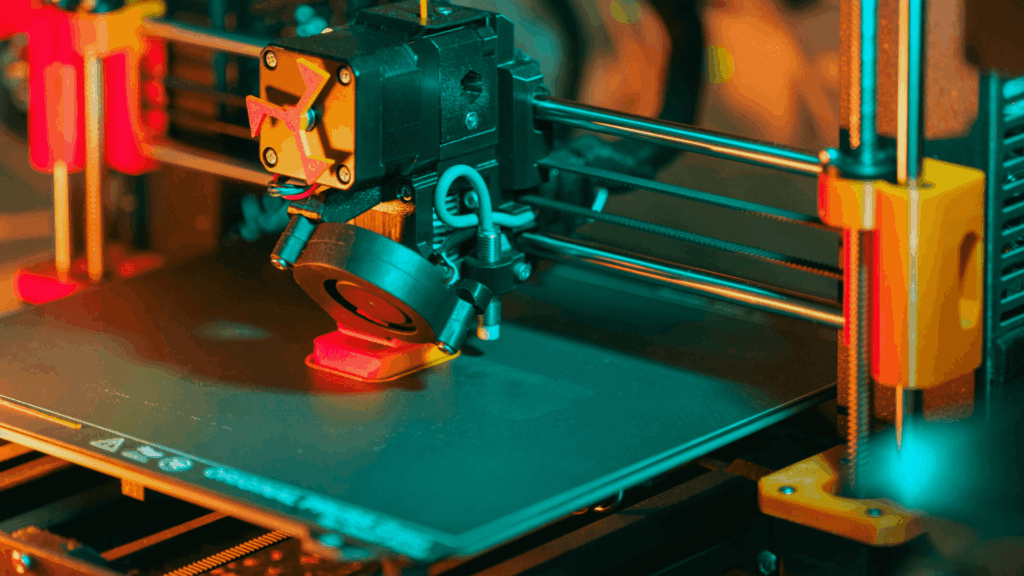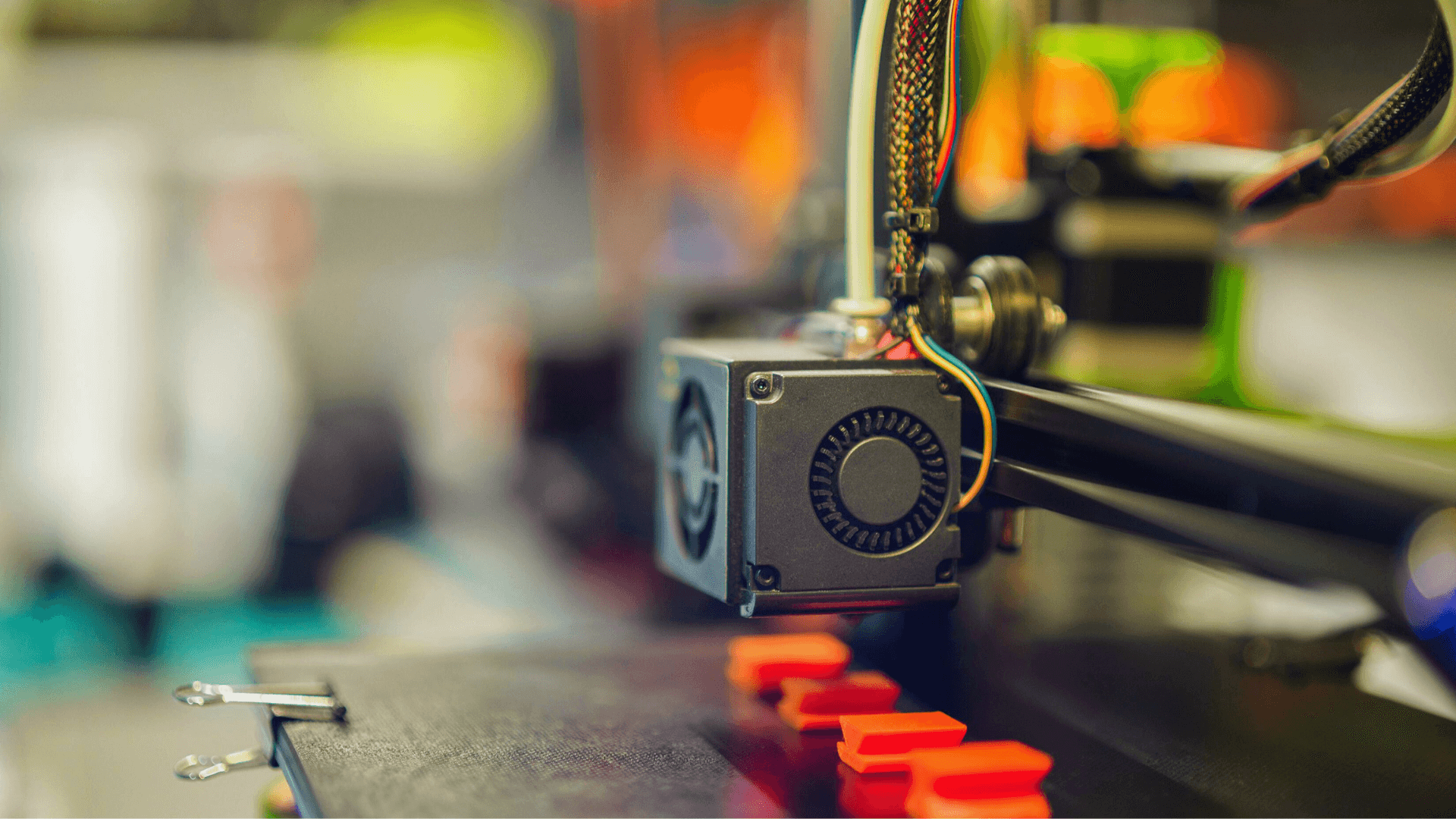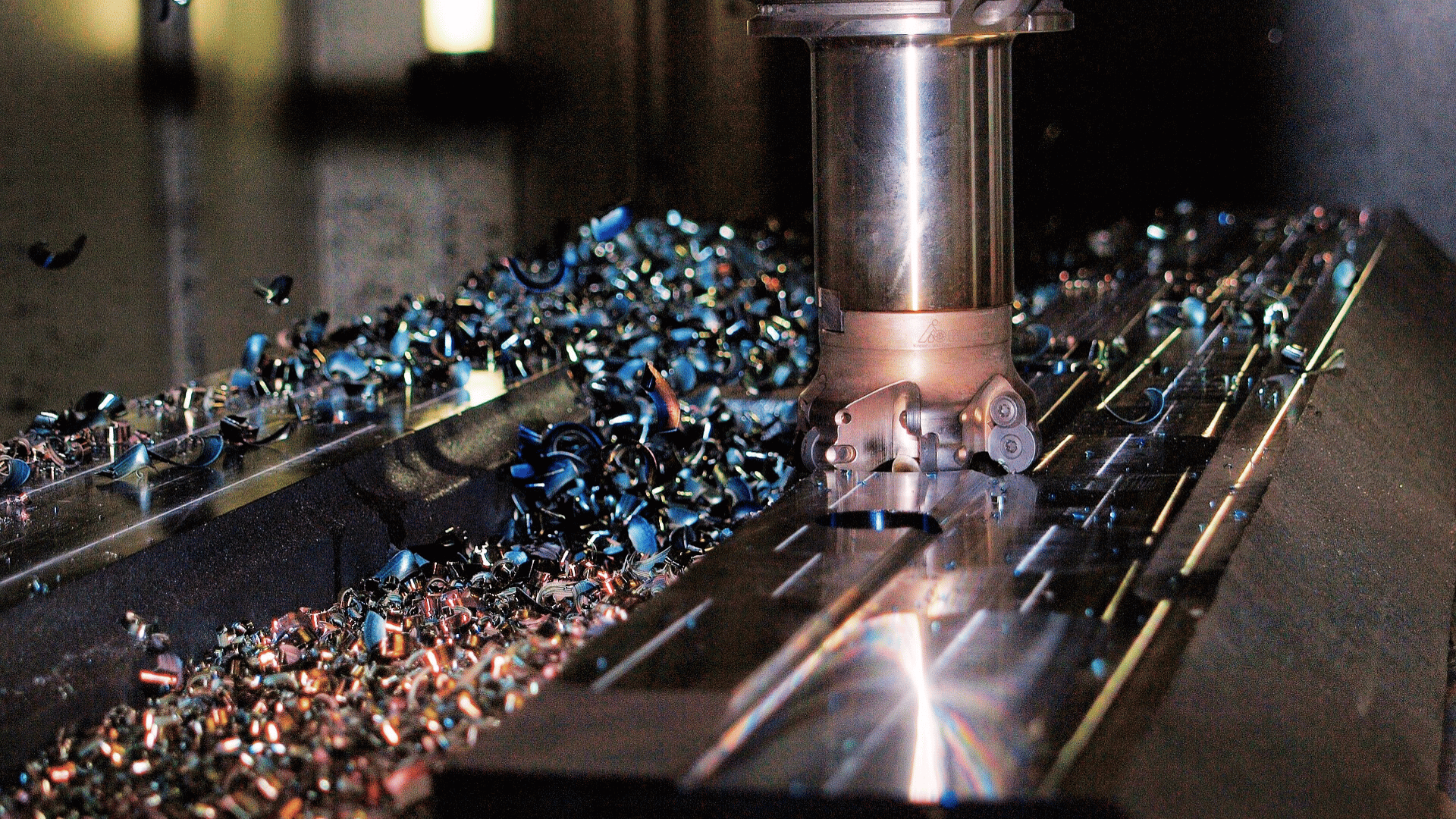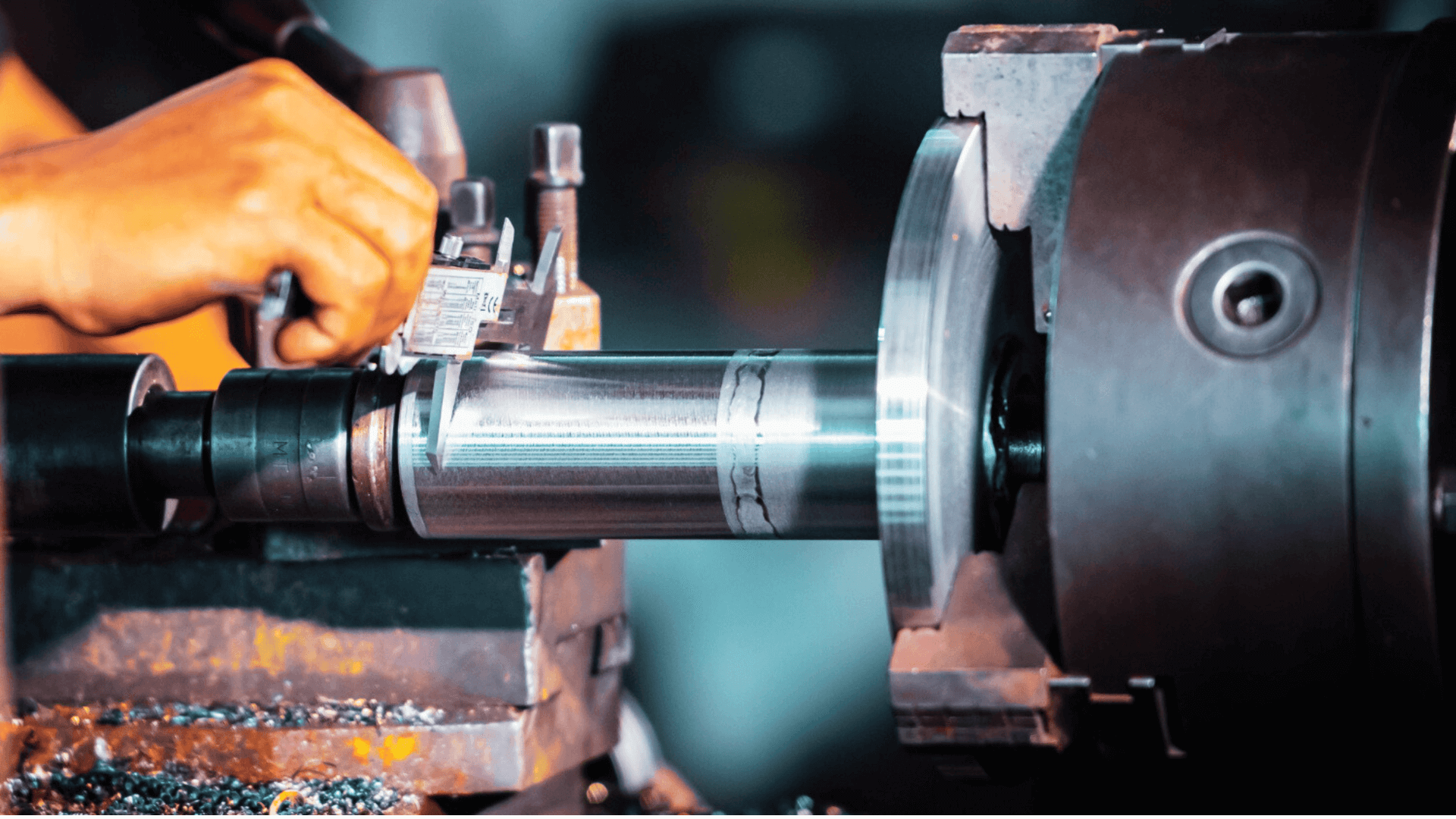Starting or scaling a small manufacturing enterprise is tough when machinery costs are high and collateral is hard to arrange. A loan is undoubtedly the most convenient option. The question is, which loan, and how to get it?
If you’re a first-time founder or have a growing MSME in India, you need to know everything about business loans – the eligibility criteria, documents required, and how interest rate bands vary based on risk.
This guide explains how an unsecured industrial equipment loan (a machinery loan that doesn’t require assets as security) can help you buy new or used machines—from injection moulding to embroidery machines. You will also get practical steps to apply online and get fast sanction.
Unlock Growth Without Offering Collateral
Collateral ties up property and slows decisions. An unsecured machinery loan lets you add essential equipment to your business and preserve working capital for inventory, wages, and energy bills. In many cases, lenders can sanction the loan quickly, sometimes within 24 hours, once the loan process is complete.
Why this route accelerates business growth:
- Keep Assets Free: no loan against property, still access a meaningful loan amount (often up to several crores) and a sensible lease period or tenure.
- Smoother Cash Flow: EMIs are planned for flexible repayment, aligning loan repayment with seasonality and orders.
- Operational Uplift: new lines boost production capacity, productivity, product quality, and higher output without delaying business operations.

Where unsecured equipment finance fits best:
- Textile Upgrades: Automated cutting machines, sewing machines, printers, and laser cutting systems.
- Plastic Manufacturing: Injection moulding and blow moulding machines, auxiliaries, and used equipment where delivery speed matters.
- Bottom Line: A loan without collateral unlocks timely installation of machinery and equipment while preserving agility.
What Is a Collateral-Free Machinery Loan?
Machinery is crucial to productivity and product quality. An unsecured equipment loan is a type of business loan designed to purchase machinery (new or used machinery), such as cutting machines, printing machines, laser cutting systems, and CNC machines. These loans do not require any collateral, like land or gold. Many NBFCs and banks offer equipment finance tailor-made to the manufacturing sector.
Why Textile and Plastic Manufacturers Are Choosing Unsecured Loans
Textile and plastic units compete on speed and consistency. Every week without the right machine risks lost orders and higher scrap. An unsecured business loan keeps you moving without collateral.
Key benefits you can expect from an unsecured machinery loan:
- No collateral required – keep assets free; avoid a loan against property
- Sanctioned within 24 hours, with the EFL Clik App
- Flexible repayment with EMIs that match cash flow and seasonal demand
- Options to finance both new and used machinery, including used equipment
- Efficiency – Upgraded tools lower rework, reduce waste, and cut energy bills
- Improved machines and automation enhance repeatability and compliance, lifting product quality
- Added lines raise production capacity and throughput, enabling “buy new” expansions and backfill via a loan for machinery purchase.
Loan Features Tailored for Manufacturing Businesses
Specialist lenders and NBFCs understand the realities of MSMEs. Many NBFCs like Electronica Finance Limited (EFL) design financial solutions for factories across India. A credible financial institution will offer competitive interest rates and service models that help business owners implement business growth plans on time.
Typical Eligibility Criteria:
- A credit bureau score (like CIBIL score) of more than 700
- At least one owned premises
Main Documents Required:
- Three years’ balance sheet and ITR
- 12 months’ bank statements of all banks
- GST returns for the current year
- KYC – Aadhar and PAN
- Residence and factory ownership proof
- Proforma invoice/quotation
- 12 months’ electricity bills
Key Commercial Terms to Confirm Before You Sign
- Interest rate and how it may vary based on risk, machine category, and tenure
- Total loan amount, tenure, EMI structure, prepayment charges, and any add-on coverage
- Service SLAs: expected sanction TAT, disbursal process, and post-sale support.
How to Apply (quick checklist)
- Shortlist two to three lenders (banks and NBFCs) with proven credibility in unsecured business loans for your business profile
- Compare total cost (rate+fees) and map EMIs to actual cash flow
- Share a clear plan to purchase machinery and start business operations promptly
Conclusion: Invest in Machinery Without Risking Your Assets
For many business owners, an unsecured equipment loan helps convert ideas and plans into action. You protect assets, keep working capital liquid, and still secure the machine your business needs. Choose a transparent lender, check the interest rate, align the repayment plan with orders, and execute the installation with minimal downtime.
With the right machinery loan, you’ll scale reliably, serve businesses across regions, and meet demand with confidence.
FAQs
1. Can I really get a machinery loan without offering any collateral?
Yes. Many lenders provide an unsecured machinery loan without collateral, based on revenues, credit history, and financial records.
2. What types of machinery are eligible for unsecured loans?
Most production assets are covered by machinery loans, including CNC machines, machine tools, cutting machines, printing machines, embroidery machines, injection moulding, blow moulding, and other new or used machinery.
3. How long does it take to get approved for a collateral-free machinery loan?
With complete paperwork and strong creditworthiness, the sanction can be quick, sometimes within 24 hours.
4. What documents are required to apply for an unsecured machinery loan?
Standard documents required include KYC, GST, bank statements, ITRs, machine quote, and an install plan; lenders may ask for more based on eligibility criteria.
5. Is a collateral-free loan more expensive than a secured one?
Yes, the interest rate is higher. However, often the interest rate is slightly higher than secured options, but speed, no-pledge convenience, and flexible repayment can outweigh the difference.



